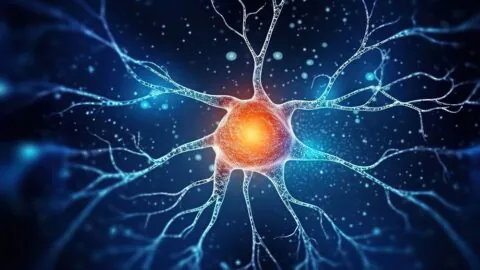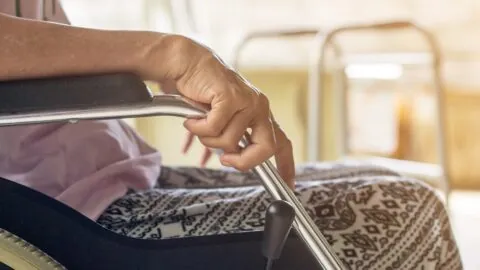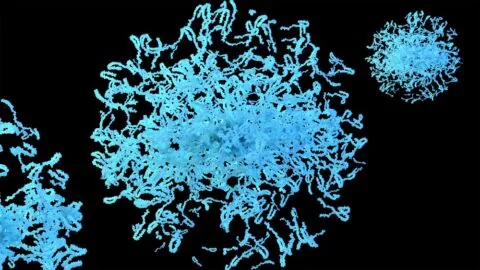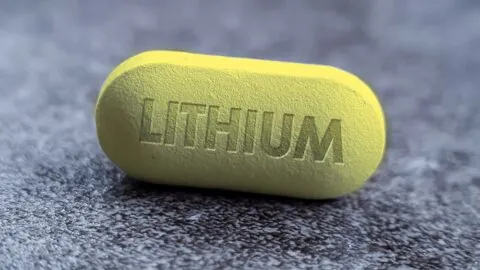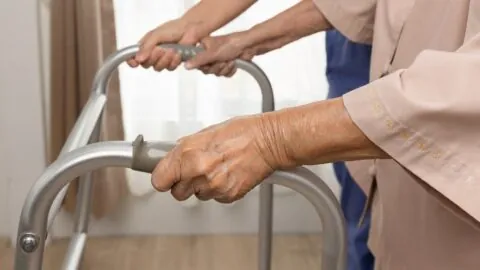February 23, 2026
In Aging Cell, researchers have explained how the sirtuin SIRT6 protects against proteostasis-related brain disorders by maintaining the function of nucleoli and limiting protein production. The nucleus and nucleoli Loss of ProteostasisThe loss of proteostasis is the failure of the protein-building machinery of the cell and the accumulation of misfolded proteins, which is one of...
October 17, 2025
Scientists have found that a gene on the X chromosome, which escapes silencing, promotes inflammation and neurodegeneration in a mouse model of multiple sclerosis, but the effects can be reversed with metformin. Human RNA sequencing data supports these findings [1]. Why are women more vulnerable? Multiple sclerosis (MS) is an autoimmune and neurodegenerative disease that...
September 05, 2025
Scientists have found a pathway that regulates protein aggregation, a cause of several age-related neurodegenerative diseases. United by abnormal protein aggregation Most neurodegenerative diseases are age-related, and many of them are similar in other ways. For instance, amyotrophic lateral sclerosis (ALS), Huntington’s disease, and Alzheimer’s disease have all been linked to abnormal protein aggregation [1],...
August 20, 2025
In a recent study, researchers identified the critical role that lithium plays in brain health and the development of mild cognitive impairment and Alzheimer’s disease. Supplementing with a lithium salt called lithium orotate can reverse many of its cognitive decline-related changes on the molecular and cellular levels [1]. The road less traveled Understanding the underlying...
August 13, 2025
Researchers have recently published a review on how cannabis use among older adults impacts age-related conditions and longevity [1]. Cannabinoids and longevity In recent years, researchers have observed an increase in cannabis use among older adults, mostly for chronic conditions, such as arthritis, pain, sleep improvement, anxiety, and depressive symptoms. However, there is also a...
August 11, 2025
In Aging, researchers have reported on how an increase in FGF21, a myokine that encourages muscle growth, impacts the progression of amyotrophic lateral sclerosis (ALS). Progressive and fatal ALS is an age-related disease that is characterized by the degeneration of motor neurons throughout the spinal cord and in the brain, leading to death by respiratory...

